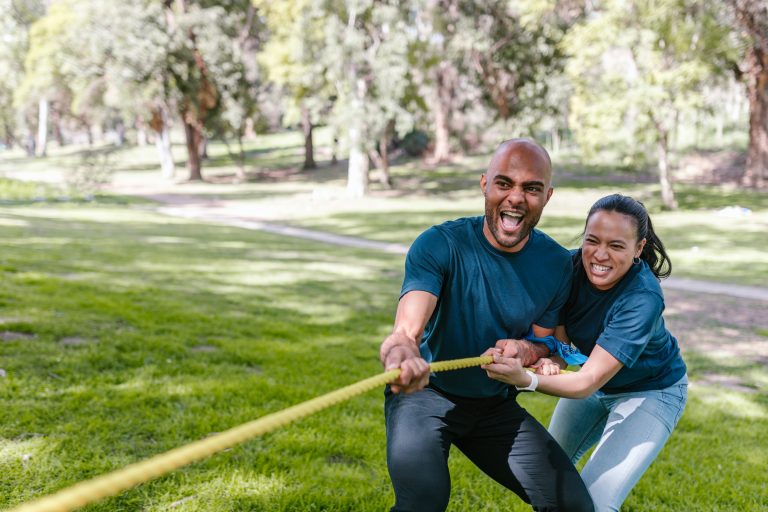Whether in the world of work, politics or sport, the term “leadership” has become a status symbol for success and power.
That’s why everybody wants to be known as a leader, regardless of whether they have the qualities and skills to be a leader, or whether they are in a leadership position or not.
These misplaced expectations have resulted in people getting into leadership positions who do not have the faintest idea of what leaders are supposed to do. Once they are placed in a leadership position, therefore, their energies and efforts are directed, not at leading people, but at keeping their position – at all costs.
Leadership then becomes synonymous with “power” and no-one wants to lose power once they’ve acquired it. To hang onto their power, therefore, they will surround themselves with people whom they believe will help keep them in power. A quick look at some of the world’s political leaders will demonstrate this point.
All of this results in such leaders not being trusted. A leader who is not trusted will have very little influence over the people they’re leading. What this means is that people will do what the leaders demand they do and no more. In fact, given half a chance, they will do as little as possible as they have no desire to act in the interests of someone they don’t trust.
Untrusted leaders then find themselves having to put in a lot of extra effort to convince people to do what they want them to do. This does not result in a high performance culture in a company or government.
Another side effect of having untrustworthy leaders is that they do not provide good role models to set the tone for tomorrow’s leaders. For example, if one is to look to some political leaders of the day, one would be forgiven for thinking that deception is a desirable leadership skill.
If you want to be a leader people trust, here are three thoughts that will help you achieve “trusted leader” status:
Thought #1: Lead by example
This is the most powerful form of leadership and will enable you to occupy the moral high ground. People will trust you when you demonstrate that you are prepared to do what you expect them to do. If you are not prepared to do what you expect others to do, why should they do it? When you lead by example, you set the standard and can expect the same level of behaviour from those you lead. They will be quite happy to trust you when do first what you expect them to do.
Thought #2: Listen to your people
One of the biggest errors leaders make is that they talk more than they listen. In fact, some leaders don’t listen at all. They think they know better and know all there is to be known about what needs to be done. Two things happen when a leader doesn’t listen. The first is that they miss key signals and clues about what’s really happening – and their followers see this. This prevents them from making astute decisions regarding the direction they need to take with their people. The second is that, when you don’t listen to people, they won’t listen to you. That means you have very little influence over your people. And one thing a leader needs to be effective is influence. If you listen properly, when you do speak, what you say will resonate with people and they will respond in a very positive way. They will trust you because they, in turn, will feel that you trust them enough to listen to what they have to say.
Thought #3: Own your mistakes
It’s said that the person who never made a mistake never made anything. If you’re an active leader, you’re going to make mistakes. Just accept that as a fact of life. What you need to do, however, is own your mistakes – take responsibility for what you did or didn’t do. Contrary to what you think, your people will love, respect and trust you for owning your mistakes – you will gain credibility instead of lose it (only if you’re not making too many mistakes). Leaders who blame everybody else for their mistakes lose credibility and trust, then have to resort to all sorts of methods to try to gain the trust of their people.
In closing
While it’s important to have technical skills to be respected as a leader, that won’t earn you trust. And without trust, you will have no influence. What’s the point of a leader with no influence?
Alan Hosking is the publisher of HR Future magazine, www.hrfuture.net, @HRFuturemag, and assists executives to prevent, reverse and delay ageing, and achieve self-mastery.






















